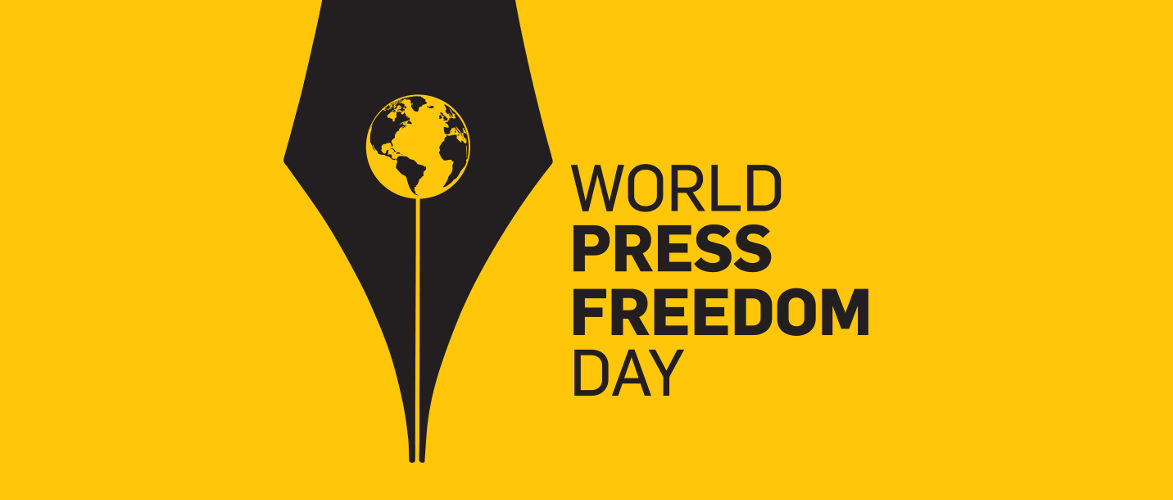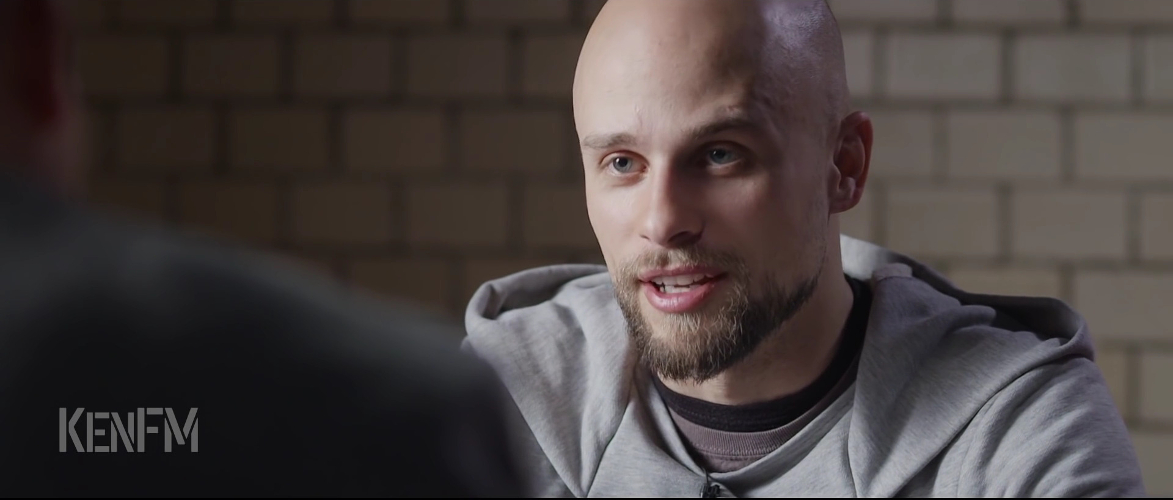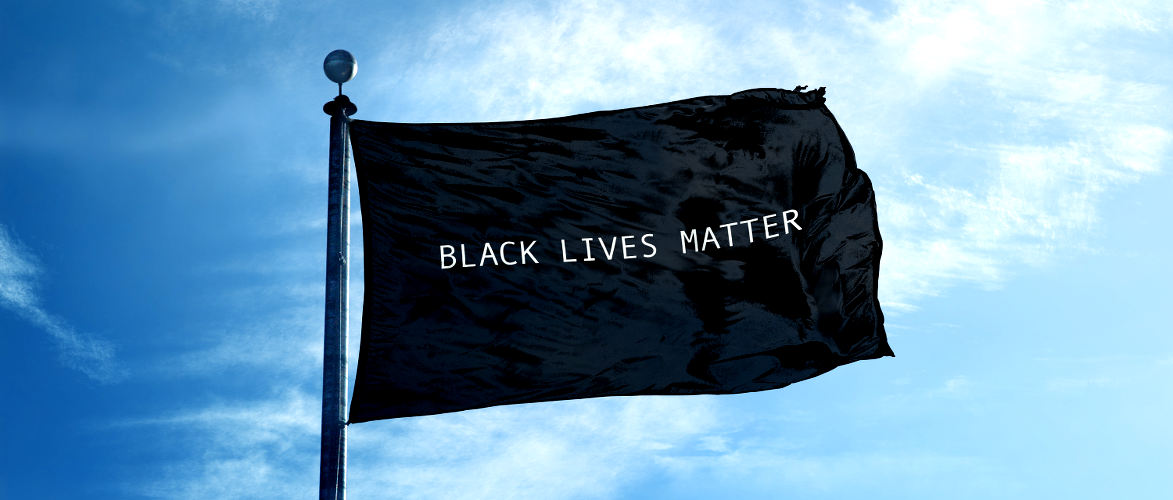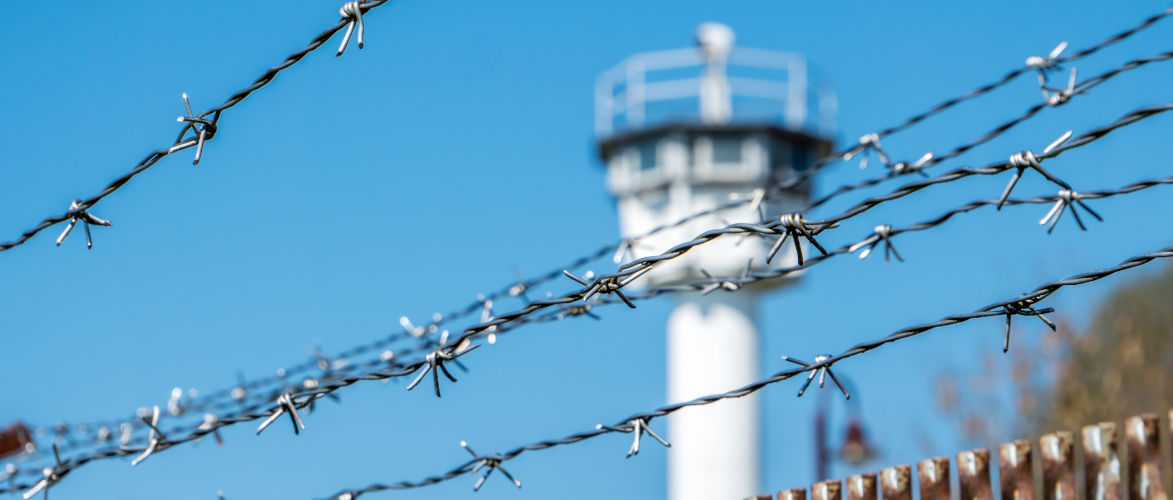By Anna Coignard.
Note on the publication: This text first appeared in “Rubikon – Magazin für die kritische Masse” (Rubicon – Magazine for the Critical Mass), where Daniele Ganser and Rainer Mausfeld, among others, are active members of the advisory board. Since the publication was made under free license (Creative Commons), KenFM takes over this text in the secondary use and explicitly points out that the Rubikon is also dependent on donations and needs support. We need many alternative media!
It’s hopeless – so let’s keep fighting! At the end of World War II, the government tried to motivate a population tired of war with slogans of perseverance. Something similar is happening now in the Corona crisis:
Although lockdowns are recognizably not ending the misery, people are still being asked to hold out one more time. We need to be aware of the fact that there are intergenerational traumas involved in all of this. In this respect, the current behavior of the majority could be due to an imprint from “back then,” although it is no longer at all appropriate for the situation today. The decisive factor here is that the situation is acutely life-threatening and filled with fear, in which the mind is partially switched off. The result is that people can no longer do anything, but believe they still have to continue to fight and suffer. Is there a way out of this destructive psychodynamic, and what might it be?
The other day, a friend told me that people are tired of the pandemic; I cannot describe it more correctly than that, nor do I want to dedicate this text to the recurring theme of our ubiquitous daily lives. Nevertheless, it will hardly be possible to avoid this topic entirely, so I also ask all the pandemic-weary in advance for a little more stamina, as the train of thought is different. Mankind is now so saturated with the topic that it can’t, or even doesn’t want to, absorb the latest headlines about the progress of our government’s vaccination campaign, nor the most explosive events of the demonstrations, the development of Querdenken, and the latest video of the currently most important speakers. The point is reached – more Corona does not enter the mind. But simply to live on without it is also not possible, because the topic is simply there and provides for a perpetual occupation. Whether you like it or not, you simply can’t get out of it.
Reinactment
Due to the constraints imposed both externally by others and internally by oneself, many psychological dynamics arise. One of these is the theory of intergenerational trauma. Specifically, the recent history of Germany is considered here, with an emphasis on the last century. The point of this article is not to draw comparisons between then and now, but to take a closer look at why people back then already acted the way they do today. My expertise and work in trauma therapy is based on the concern method according to Franz Ruppert. An elementary insight in his theory is the splitting of the psyche during a traumatic event. If a person is exposed to a life-threatening situation, the psyche tries to regulate itself in order to ensure survival. In order to be able to endure this, the psyche splits from what it has experienced. This ensures survival, but it creates a split within the individual that no longer allows the psyche to function holistically. It is an inner separation of the emotional world, which later manifests itself in different ways and in which it is recommended to work through what was experienced in order to reintegrate the split-off feeling.
Although the life-threatening danger at the time no longer exists in real terms, this process is very painful. The repressed feelings come up again, and one has to deal with this pain and feel it again. At the same time, the situation is now no longer life-threatening, and therefore what has been experienced can be gradually endured with therapeutic support. If the trauma has not been dealt with, the psyche seeks its own ways to integrate what has happened. One possibility is to reconstruct and replay the experience again and again; ergo, the person reenacts the same situation again and again in the hope of being able to write a new ending.
An example, but not a rule, here is a woman whose father beat up her mother. She also chooses a man who beats her, in the unconscious hope of being able to convert him, as she would have wished with her father at the time. With each new assault, the man promises not to raise his hand again, and the woman loses herself in the hope that everything will certainly be different from that moment on. This can be repeated either episodically infinitely in one relationship or in different successive relationships.
It can be noted that the psyche remains within this trauma. This does not mean that the trauma is permanently present, but that when a trigger moment occurs, the person finds himself again and again in the exact situation in which he had the life-threatening experience. The difference between trauma and a bad experience is that in the case of a bad experience, the psyche was able to process this negative experience for itself and realizes that the event is over. Thus, the person can remember the negative event and also the pain felt, but does not remain in the situation at that time. He can state from his healthy structures that it was painful, but that it is over. This is not the case with a split-off, unprocessed traumatic event. If the traumatic experience is caused by a trigger, the person does not remain in his healthy structure and cannot understand that the triggering feeling no longer belongs to the present, but is, so to speak, completely caught in the situation that felt life-threatening at the time and acts out of it.
For the outsider, such an action may seem exaggerated or incomprehensible. If one takes up the example with the woman and the beating partner, then however the outsider can recognize that the partner will not simply change in the future and assaults will occur repeatedly. The woman herself and usually the battering partner are trapped in their individual trauma, which they continue to live with each other. They are unable to see through this dynamic and are absolutely convinced that the next time will be different.
Cross-generational trauma
Cross-generational trauma plays another important role here. These can be simplified in the sense that the old traumas that our ancestors did not work through are passed on to the next generation. This leads to the fact that we, for example, carry the traumas of our grandparents, parents and other close caregivers within us. This in turn stems from the fact that the corresponding caregiver carries certain moods and reactions from his or her past. At the same time, the young person who is dependent on this person attaches himself to the corresponding feeling in order to be in attachment to the adult. As a result, we as adults or already as young people carry passed on traumas within us without having experienced them ourselves and being consciously aware of them.
An example of this is a frightening feeling at the view of a soldier. This is not intended to provide a sole reason for unpleasant feelings in connection with soldiers or similar scenarios, but merely to take up such a situation in order to illustrate it a little. When a person from a generation, in which no war took place on the doorstep, feels an unpleasant feeling at the sight of a soldier or similar scenarios, this can mean that this feeling was passed on by, for example, the grandparents, who had experienced the war themselves.
Now the problem here is not only that the person is confronted with his own feelings and passed on traumas from previous generations, but also that the survival strategies at that time were also passed on. A survival strategy ensures the survival of the person in a life-threatening situation. The person cannot endure the situation at the moment it happens, a split occurs, as described above, and an action that secures survival occurs. If this action – an example is reenactment – is successful, it can be repeated at will and develop into a fixed strategy.
Repeated Strategies
If we now look at German history, we see that there was never just one person who committed all the atrocities. It was equally the people who carried out the orders and the people who looked the other way or even participated, regardless of their intention behind it. If one does not disregard the fact that the war experiences previously lived through were not dealt with and passed on to subsequent generations, one inevitably finds that the traumas and the associated survival strategies of our ancestors are now resurfacing in varying intensities in a new crisis.
So if it is said that history repeats itself, I can go along with the idea that the previously unprocessed traumas and the way our ancestors dealt with them are being brought back up today, and thus a reenactment is taking place. People inevitably act in similar patterns as their ancestors did back then. Often this happens completely unconsciously.
This theory provides an explanation on the one hand for the different behavior out of fear, and on the other hand it shows other ways of acting that are not directly due to fear. For example, if a neighbor denounces his long-time friend and calls the police because he suspects a corona violation on his part, it is not necessarily fear that is speaking out. It is quite possible that there is an old trauma and the corresponding survival strategy of his ancestors. This is by no means an excuse, but an explanation for the behavior. It is then the responsibility of each individual to recognize this process for himself and to initiate a different course of action. We are not responsible for what happened to us and what package we were given for our lives, but we are responsible for what we do ourselves and what package we pass on to others.
Red Line
The result of this theory also provides an answer to the increasingly common question, “Where is your red line?” As negative as it sounds, I can’t find any other answer to it than that it doesn’t exist. At least not in Germany with its past history. If we take the Second World War as an example, when it was already clear that any continuation of the war was completely hopeless and the entire country was only a ruin, the surrender was only signed after the Allies had marched in. Until the very end, the orders were obeyed. Perhaps there was a red line for each individual, but the collective ran with it for different reasons. Accordingly, individuals had no real choice but to keep adjusting their own red line or to abolish it altogether. At some point, one’s own feeling for oneself and for the others falls silent, and one only goes along in order not to drown.
It is important for me to emphasize here that this thesis is not about a direct comparison of the events or an apportionment of blame, but about the dynamics of then and now and their analogies. I feel similarly about the current situation; there are many people who think differently or ask questions, regardless of the timing within the crisis. There are many who are tired of the pandemic, but at the same time they are tired of being against it, and just exhausted from all the daily corona radiation that merely goes silent when you go to sleep.
The reenactment is entirely underway, and the wheel is spinning with everyone involved. In this wheel there are always people who get up, but the others have already sat down because they can no longer. Some, tragically, have already left the field altogether. So everyone fights his way through individually or in groups, but everyone has limited capacities of energy and willpower. If I then hear such statements as “People are slowly waking up”, I must confess that I can only take a little pleasure in this, because I don’t know a single person who has completely changed his mind in the course of this crisis. If one goes after it nevertheless, because these humans exist certainly, then they made a new realization for themselves and want to promulgate it energetically. Unfortunately, however, those who were already on the street in April 2020 usually can’t and won’t do it anymore. Thus, the wheel continues to turn slowly, and every rising flame extinguishes in the mass trauma and their old survival strategies.
Assuming one’s own responsibility
This conclusion is very demotivating, and I can well imagine that one or the other asks himself, why do I have to read through this text, which is not supposed to be about Corona at all, and then it is all about the subject with such a devastating result? I certainly can sympathize with this question. Well, I think that regardless of Corona, on the one hand, it is an important lesson to understand what mechanisms are behind the actions of each individual. On the other hand, it makes sense not to stick to the symptom and suppress it, but to find the cause and address it.
If one can find some truth in the theory put forward, it is an opportunity or even an invitation to look at one’s own history and to look at one’s actions and thinking patterns. There is no change possible on the outside if it did not previously take place internally. To be able to come out of a pandemic exhausted state, a clear decision “How do I want to live my life?” or even “Do I want to live my life in this way?” is needed.
Should the decision provoke a no, the first step is to look at how you got into the life you are leading. Accordingly, it is inevitable to look at one’s past and work through it in order to have the possibility to make new self-determined and free decisions for the future. Everyone can only make this decision alone, but hardly anyone can go this way alone. This requires a community.
On this path, the question of the red line is superfluous, since it is no longer needed. It is unimportant where the red line lies and when it was crossed. All that counts then is one’s own self-determined life in the understanding of oneself and one’s history and in the healthy responsibility towards one’s fellow men and nature. If such a state is possible, history does not have to be rewritten either, but deeply and sincerely sorrowed, individually and collectively worked through and placed where it belongs – in the past. Moreover, with the lived and felt present, the future is automatically written, which does not need to be constantly planned or pre-staged.
I repeat, since this sentence is so elementarily important and must be clear to us:
We are not responsible for what happened to us and what package we were given for our lives, but we are responsible for what we do ourselves and what package we pass on to others.
I dedicate this sentence to our own inner children and to the next generations who are caught in this wheel of madness and are so dependent on us to finally decide to rethink our present life and to face ourselves – for a life that is neither re-staged nor pre-staged.
+++
Image source: fizkes / shutterstock
+++
KenFM strives to present a broad spectrum of opinions. Opinion articles and guest posts need not reflect the views of the editorial team.
+++
KenFM now available as a free app for Android and iOS devices! You can get to the Apple and Google stores via our homepage. Here is the link: https://kenfm.de/kenfm-app/
+++
Subscribe to the KenFM newsletter now: https://kenfm.de/newsletter/
+++
You like our program? Information on other ways to support us here: https://kenfm.de/support/kenfm-unterstuetzen/
+++
Now you can also support us with Bitcoins.

Bitcoin-Account: https://commerce.coinbase.com/checkout/1edba334-ba63-4a88-bfc3-d6a3071efcc8










Kommentare (0)